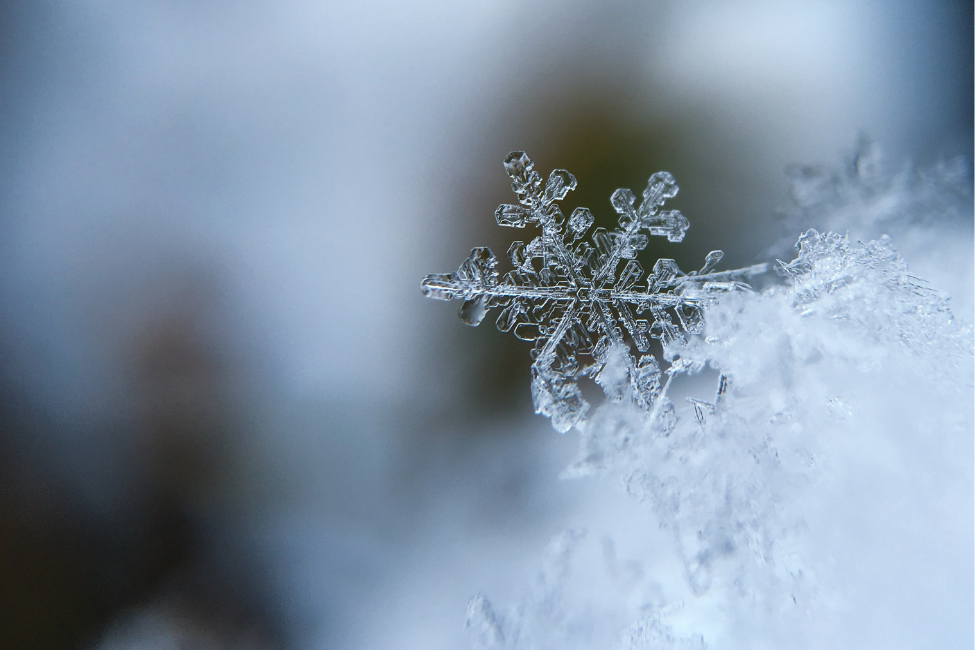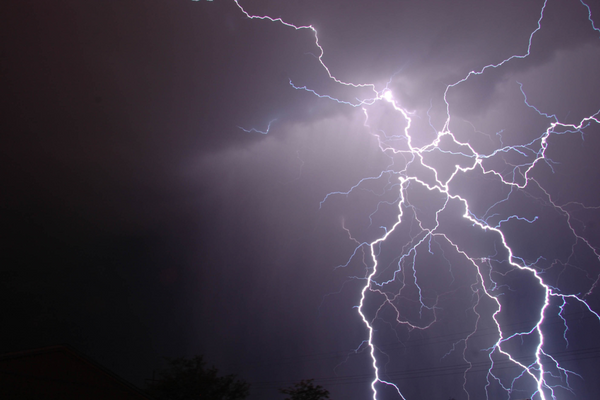December 8th, A Date To Remember For Weather

*Please note this competition has now closed*
3 minute read
A guest blog post by Ian Currie
I have a record of major weather events for every date of the year. Some days are lacking in major incidents whilst others are packed with all sorts of weather action. Perhaps the most action packed date is the 8th December.
I remember in 1967 we were affected by something we do not see much of these days especially in the south of England, a 'polar low'. An area of low pressure formed in a bitterly cold northerly air stream rather like an eddy in a fast flowing river. It forms outbreaks of snow and they can be heavy close to the coast where warm sea water provides moisture.
I was living in south London and snow was mostly a light powder here but along the south coast of Hampshire and Sussex up to 45cm (18 inches) fell in just a few hours and led to hundreds of vehicles being marooned for the Weekend east of Brighton. At Rottingdean’s White House Hotel 340 people were unexpected guests. Some 13 ambulances were marooned in the Brighton district alone and one driver had to obtain food from local shops on credit to feed his passengers as they had no money.
There were similar scenes in the Midlands in 1990. Snow fell heavily and was very sticky and clung to trees and power lines and accumulated at an alarming rate on roads. Soon power lines collapsed and some homes had no electricity for a week. Motorists were trapped on the busy M6 for the Weekend, many seeking shelter in the National Exhibition Centre.
Snow also caused chaos when rain turned to thick flakes in 1981 across London just in time for the rush hour and was the start of a very snowy and cold spell. A few days later the temperature fell to minus 25C at Shawbury in Shropshire.
Perhaps the most violent occasion was in 1954 when a tornado swept through west London during the late afternoon leaving a trail of destruction across Chiswick, Acton and Willesden. Gunnersbury tube station lost its roof, in Acton several houses had their end walls blown out and full grown trees were twisted and torn apart in the Acton area. A lorry was overturned in Golders Green.
The 8th brought the end of the Great Smog in 1952 in which 4,000 people were thought to have died due to respiratory problems but on a positive note led directly to the Clean Air Act of 1956. More recently though it was wind that hit the headlines with gusts to nearly 100mph in Wales and Cornwall in 1993. Five people were killed including one in London and a 350- year old oak tree was felled at Westonbirt Arboretum in Gloucestershire.
Competition Question: I am willing to give 2 subscriptions to Weather Eye Magazine for the first 2 correct winners who can give the answer to this question: The last great London smog ended just around midnight on the 8th December of what year? Hint, it's more recent than 1952!
To enter, email sales@metcheck.co.uk with your name, address and answer.
All entrants will receive a 10% off discount code to use at www.metcheck.co.uk valid until midnight Monday 18th December.
Metcheck would like to thank Ian Currie for contributing this article to our blog and recommend taking a look at www.frostedearth.com, a fantastic resource for all weather enthusiasts.
Also in Metcheck News

Spotting the Signs of Early Autumn Weather
The UK shows the first signs of autumn. Cooler nights and breezier days signal the seasonal shift. Learn how to spot and track these changes.

Lightning Detector Guide for Outdoor Safety
The StrikeAlert Personal Lightning Detector spots lightning up to 40 miles away, giving clear alerts and storm direction to keep you safe outdoors.

Five UK Weather Myths That Might Be True
From red skies to quiet bees, we’re unpacking five classic UK weather myths, some true, some not quite. Which ones can you trust?
